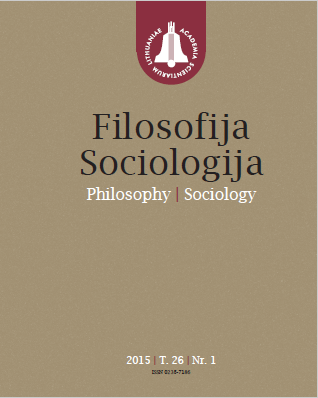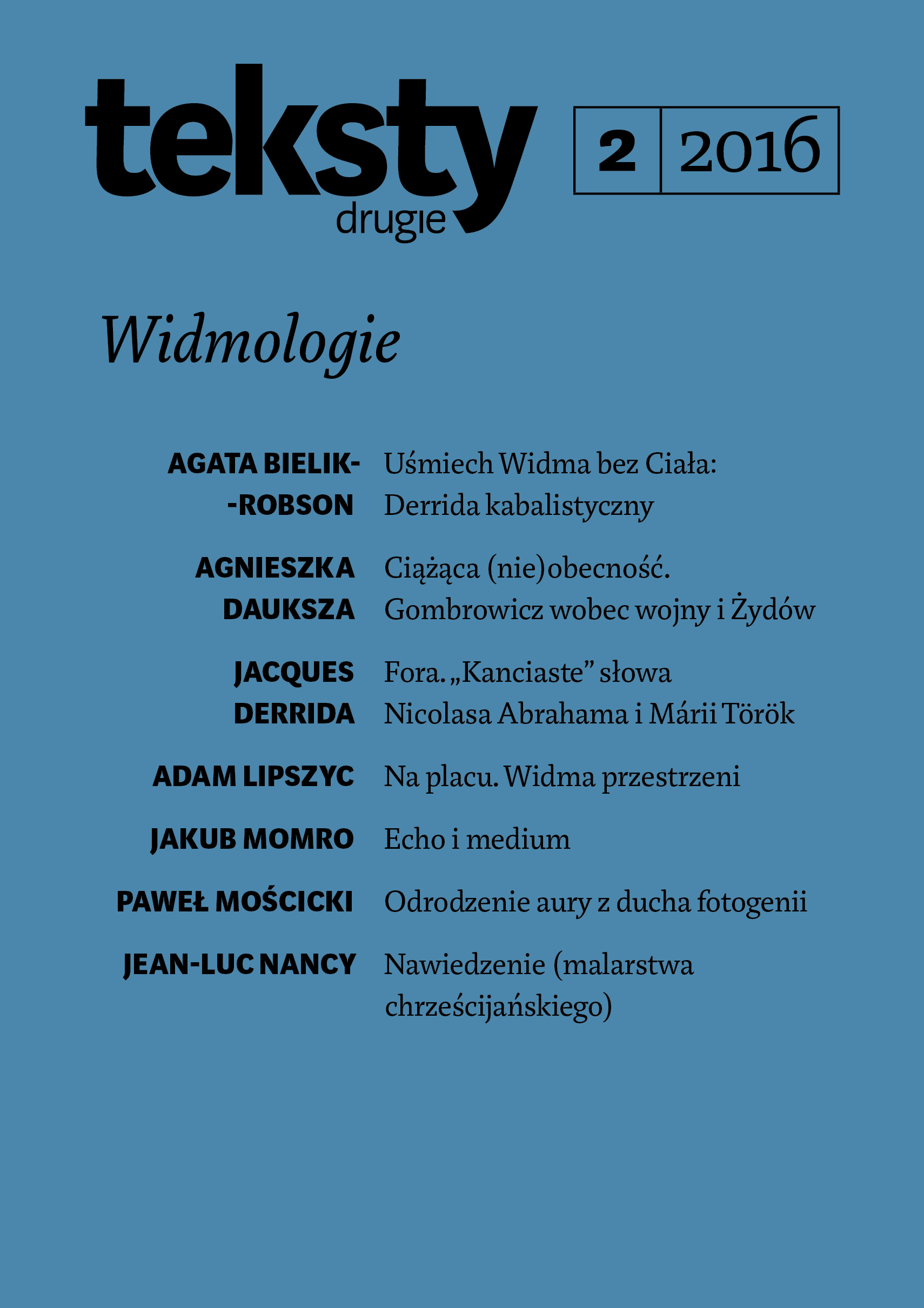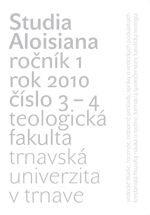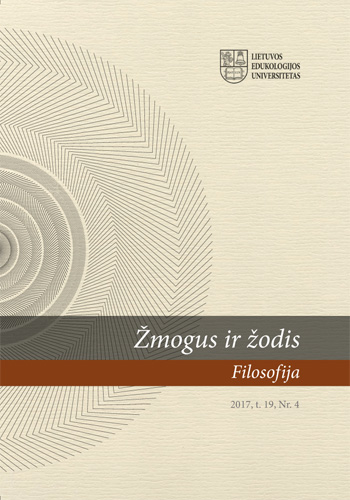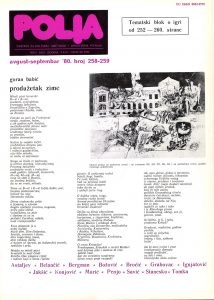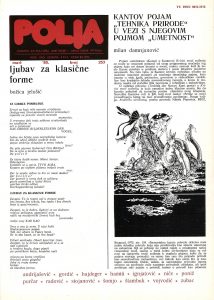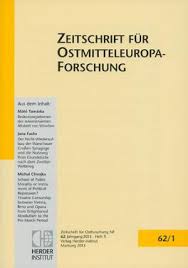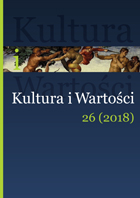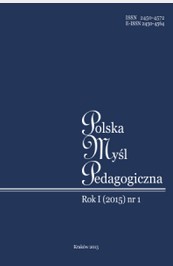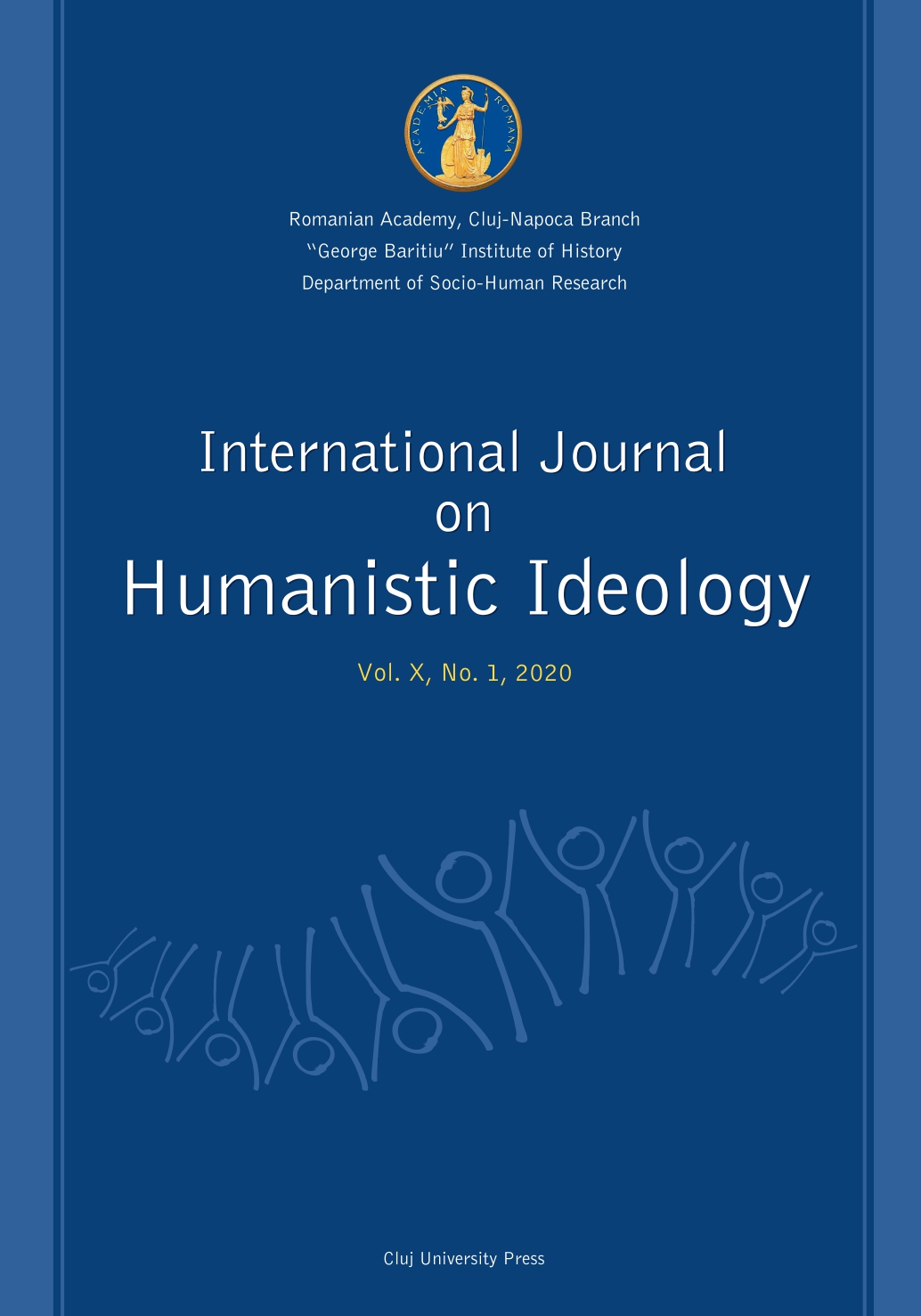Author(s): Jan Surman / Language(s): German
Issue: 4/2016
August Cieszkowski (1814-1894) and Bronisław Ferdynand Trentowski (1808-1869) are among the most renowned Polish-language scholars of the nineteenth century romantic-Hegelian philosophy. Using a translational perspective, this article sheds more light on the intersection between their intercultural careers and the transformations of their philosophy. Both philosophers were not only mobile across cultures and languages, but also wrote in manifold textual forms, from political and social treatises to philosophical tractates. Analysis of their writings allows thus to highlight the most important points a translational perspective offers: the transformations on the threshold between different semiotic systems, be them natural languages, media or different cultural texts. Cieszkowski, whose career led from Nowa Sucha (East Prussia) through Berlin and Heidelberg to Poznań, is known as leading young Hegelian and foremost propagator of the “philosophy of action.” In his German-language writings he formulated a philosophy postulating the necessity to combine materialist and idealist philosophies, which he considered characteristics of antiquity and modernity respectively. Only in this way could people achieve a state of unity of thought and action, which also should be the greatest epoch and end of history. Interestingly, when moving to Poznań and leaving philosophical work behind to become a politician and social activist, he translated this theoretical scheme into a political program, which was supposed to help Polish people in Poznań. There he used a different language, but the same metaphors and approaches, which shed light on the embeddedness of his philosophy. Similarly as Cieszkowski, Trentowski, born near Lublin, was educated at Prussian universities and the German language and Hegelianism marked his early career. However, once he started writing in Polish, he translated not only German idealism into Polish, but also its approach to language, creating many neologisms and applying old-Polish vocabulary. His philosophical position reinforced this approach, arguing in favour of a new vocabulary for the wholly new world of synthesis. The reference to the forthcoming epoch of synthesis which both Cieszkowski and Trentowski constructed by referring to Hegel, brought with it yet another reorientation. Both philosophers stated that Slavs (and Poles in particular) did not play any substantial role in history and were aside of both leading intellectual traditions of the time, French materialism and German idealism, remaining thus a tabula rasa. And this tabula rasa was not only ideal to make synthesis possible, but also to allow Slavs to take the leading role in time to come. This final translation is thus, as I argue, of the subordinate position Slav and particularly Polish culture had at this time, into a positive factor, centering world history and its development on the previous outsiders.
More...
